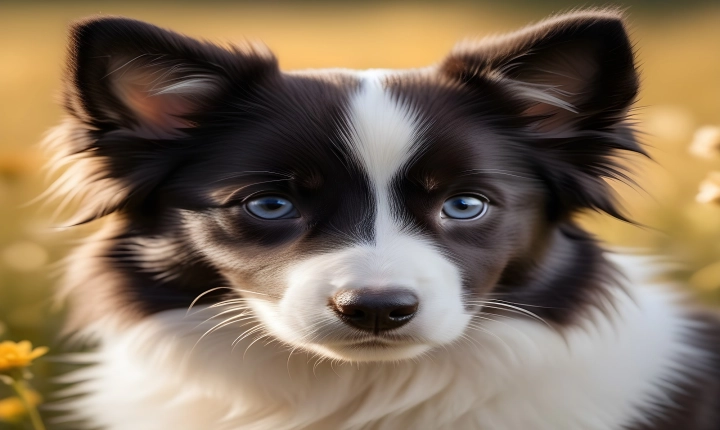Can AI Writing Be Copyrighted?
As the use of artificial intelligence (AI) continues to expand, questions surrounding the possibility of copyrighting AI-generated content have emerged. Can AI writing be considered original and creative enough to warrant copyright protection? This issue has sparked debates among legal scholars, technology experts, and content creators. Here, we explore the complexities surrounding the copyright of AI-generated writing and delve into the implications of this burgeoning debate.
AI writing has become increasingly sophisticated, with language models such as OpenAI’s GPT-3 and Google’s BERT producing human-like texts that are indistinguishable from those written by humans. These AI systems are capable of generating a wide range of content, including articles, stories, poetry, and even code. Given the level of complexity and creativity exhibited by these AI algorithms, it raises the question: Can AI-generated writing be deemed original and eligible for copyright protection?
Copyright law typically protects original works of authorship fixed in a tangible medium, such as literary works, musical compositions, and computer programs. The key requirement for copyright protection is the presence of originality and creativity in the work. While human creators can undoubtedly claim authorship and copyright over their original creations, the situation becomes murkier when it comes to AI-generated content.
At the heart of the debate is the question of who should be considered the author of AI-generated content. Is it the human programmer who developed the AI model and inputted the initial training data? Or is it the AI system itself, which autonomously generates the content based on its learned patterns and algorithms? Furthermore, does the lack of conscious intent and creativity in AI writing diminish its claim to copyright protection?
Some argue that since AI systems lack consciousness, emotions, and intent, they cannot be considered authors in the traditional sense, and therefore their creative output should not be subject to copyright protection. Others counter that the AI system’s ability to synthesize new, original content based on vast amounts of data and complex algorithms should be sufficient to grant it copyright protection. Additionally, they posit that denying copyright protection to AI-generated works may discourage investment in AI research and development.
In a landmark case in 2018, the U.S. Copyright Office ruled that works produced by animals, plants, or natural forces (non-human creators) could not be registered for copyright protection. This decision raised questions about whether similar reasoning might apply to AI-generated content. However, the Copyright Office noted that its determination was specific to non-human creators and did not explicitly address AI-generated works.
The issue of copyrighting AI-generated writing transcends legal technicalities and delves into broader ethical and philosophical considerations. It raises crucial questions about the evolving nature of creativity, the intersection of human and machine intelligence, and the implications of granting legal protection to non-human entities.
As the discourse around AI-generated writing and copyright continues to unfold, it’s evident that navigating this complex terrain requires a thoughtful and multifaceted approach. Legal frameworks and intellectual property laws will need to adapt to accommodate the unique challenges posed by AI-generated content while also considering the interests of human creators, consumers, and the public at large.
In conclusion, the question of whether AI writing can be copyrighted remains a subject of ongoing debate and evolving legal interpretation. As AI technology advances and AI-generated content becomes more prevalent, it is essential to address the complex and multidimensional issues surrounding copyright protection for such works. Balancing the interests of innovation, creativity, and societal impact will be paramount in shaping the legal and ethical landscape of AI-generated writing and its place within the realm of copyright law.
